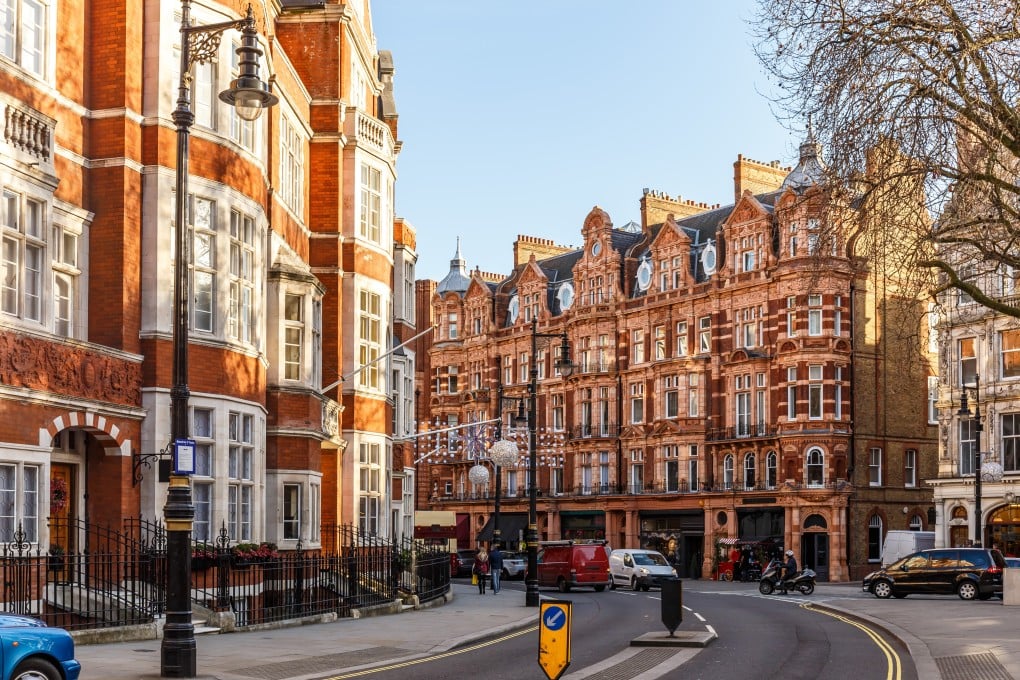Chinese investors like the Boris Johnson effect as buying interest spikes for UK residential property
- Jones Lang LaSalle records about fourfold rise in inquiries from Hong Kong-based investors for UK residential property
- UK home market is expected to record “sluggish” gains in 2020 and 2021 until a Brexit trade agreement is signed, according to Fitch Ratings

Hong Kong and mainland Chinese investors are stepping up their interest in UK residential property again after the decisive election of Conservative Prime Minister Boris Johnson, who has pushed for a definitive deadline on taking Britain out of the European Union.
“Chinese and Hong Kong buyers are not waiting any more, they are starting to invest now that they can see a clearer Brexit resolution is coming,” said Nick Whitten, director of residential research at Jones Lang LaSalle. His firm has recorded about fourfold increase in inquiries from Hong Kong investors for UK homes in the second half of 2019, of which 80 per cent were from potential first-time buyers.
The real estate consultancy recorded twice as many property sales in the UK in the latter half of 2019 as in the first half from local and foreign investors, despite an air of despair in the country’s political environment. Last year, UK housing transactions fell by 15 per cent while the average home prices in London slipped 1.9 per cent, according to JLL.
Hong Kong investors were the biggest buyers of UK properties in 2015 to 2018, according to data compiled by Real Capital Analytics. They slipped to fifth last year through November as they withheld committing to large-ticket spending due to political issues in the UK and at home.
“There is much pent-up demand for London residential property, notably from international investors and domestic upsizes,” said Whitten, who is based in London. “We expect that to quickly transform into increased activity particularly from investors in Hong Kong, China, Singapore, Malaysia and the Middle East.”
For Brexit, investors expect a deal with the European Union could be agreed upon by the end of 2020, Whitten said. That outcome is expected to spur business and consumer confidence, supporting the outlook for gains in house prices and the British pound.
Johnson had already negotiated a “form of Soft Brexit, the kind of Brexit that businesses and consumers on all sides can be more optimistic about,” Whitten said, ruling out the possibility of a no deal or a hard Brexit outcome. The Conservatives scored one of their biggest victories with promises to get Brexit over the line and generous increases in social spending.
Despite the spike in interest by Chinese investors, Fitch Ratings forecasts the UK housing market to remain sluggish this year with a 1 per cent gain in 2020 and 2 per cent in 2021, according to a report published last month. The “no-deal Brexit” risk will not be eliminated until a UK-EU trade agreement is negotiated, analyst Douglas Paxman said, thus restraining transaction volumes and price growth.